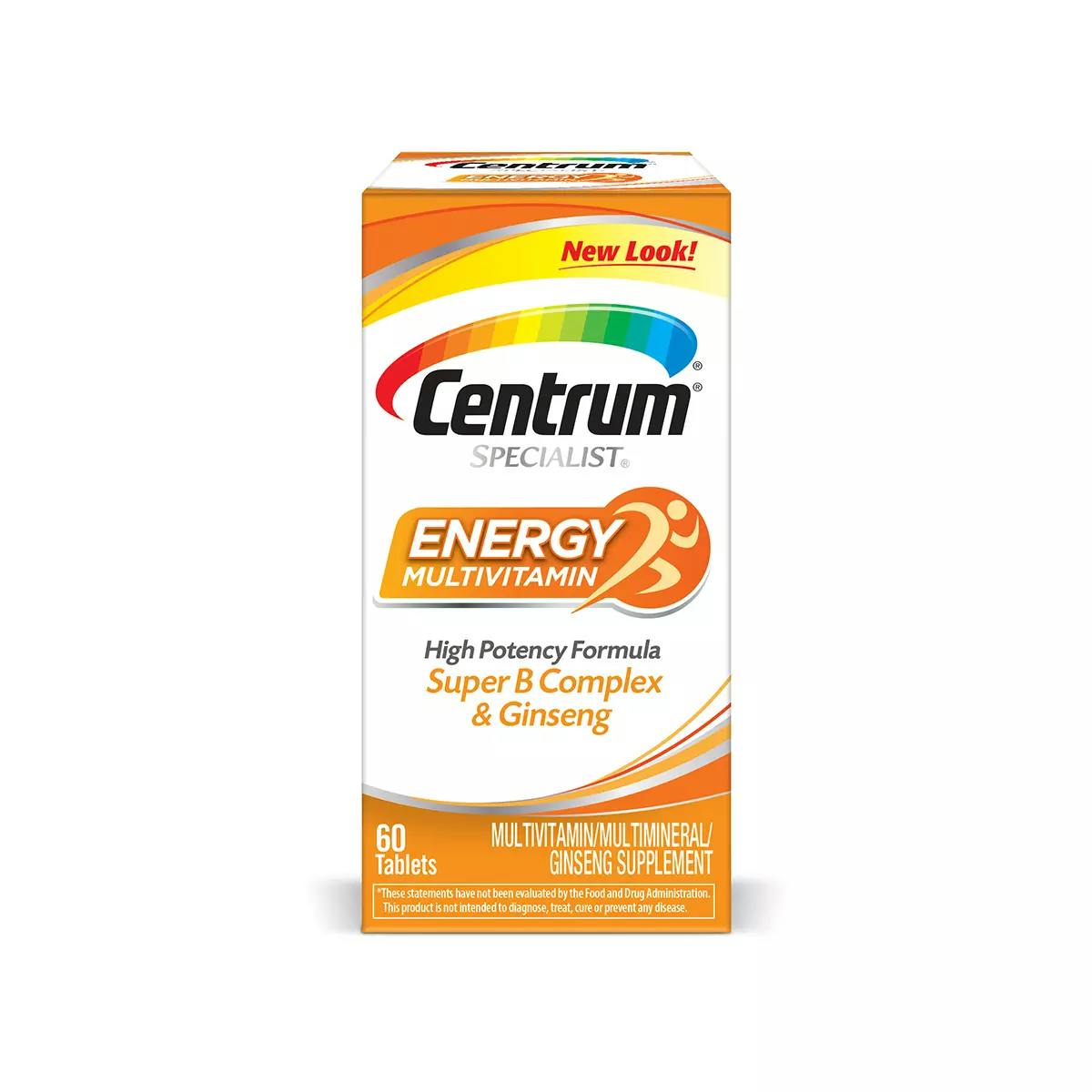What to Eat to Support Your Immune Health
Contributed by Elizabeth Ward, MS, RD
For those with busy schedules, it can be easy to skip out on meals and reach for unhealthy options instead. When this happens, your body misses out on the nourishment it needs, which can weaken your immune system.

While your immune system does its best to support and protect health, there are a few ways your diet can support you—especially on those busy days when you need it!
Defensive Eating
You’ve heard the old wives’ tale: Feed a cold, starve a fever. Or is it the other way around? Whatever the saying, it’s actually neither. Certain foods and nutrients play an important role in maintaining and supporting a healthy immune system.
Protein-Packed Foods
Protein doesn’t just keep you strong and energized. Alongside our immune system, our muscles, bones, blood, and metabolism all rely on protein to support their functions. So a protein-rich diet can have benefits beyond a healthy immune system. But how much protein is enough?
The recommended dietary allowance for protein is 56 grams per day for men and 46 grams per day for women. Good sources of protein include meat, poultry, seafood, and dairy. If you’re looking for protein-packed foods for a vegetarian diet, you can also try eggs, beans, and soy products. No matter your dietary lifestyle, try to include protein-packed choices at meals and snacks.
Foods Rich in Antioxidants
Some of the best sources of antioxidants are found in the produce aisle. Vitamins E, C, and selenium, are some antioxidants frequently found in fruits and vegetables. Carotenoids also have antioxidant properties—these are pigments found in bright yellow, orange, and red fruits and vegetables. Some carotenoids can be converted to vitamin A, which is also an antioxidant helpful to immune health.
Antioxidants protect the body’s cells from the damage caused by free radicals—unstable oxygen molecules formed in the body. Free radicals are responsible for oxidative stress, which can damage tissue and activate an immune response. The damage from oxidative stress can then weaken cells.
Antioxidants are there to help support and maintain a strong immune system. You can get your daily fill through blueberries, grapefruit, carrots, sweet potatoes, leafy greens, and other fruits and veggies you enjoy.
Milk and Other Vitamin D-Rich Foods
Vitamin D may play an important role in immune health, as several types of immune cells have vitamin D receptors. Vitamin D may also stimulate the production of immune cells and other components of the immune system.
Vitamin D is found naturally in a few foods, including eggs, tuna, and salmon, and is added to milk and some yogurts. The recommended daily intake for vitamin D is 15 mcg, which is the equivalent of six eight-ounce glasses of milk, four ounces of cooked sockeye salmon or about 14 eggs. If this sounds like a lot, it’s because it is! But dietary supplements can help you meet your daily vitamin D needs.1
A to Zinc
Zinc is a mineral also found in seafood, pork, beef, chicken and beans. It’s integral to maintaining your immune system and it’s also involved in cell division, cell growth, and processes that facilitate skin repair. While it’s a trace mineral—meaning you only need a small amount—it’s still very versatile in its health benefits.2 If you’re looking to increase your zinc levels, look to seafood like oysters, crab, and lobster, or vegetarian options like baked beans, fortified cereal, or yogurt.3
Multivitamins
Not many people are able to hit all of the daily requirements through diet alone, and sometimes that can affect your immune health. Taking a daily multivitamin that provides a wide variety of vitamins and minerals helps you to meet your daily requirements for nutrients that support immune health.*
Beyond Food
Exercise Regularly
A balanced diet goes a long way in promoting your immune system, but other lifestyle habits count, too. Regular, moderate exercise may help to bolster your immunity. Emerging studies highlighted the connection between regular exercise and the circulation of immune cells, which allows them to support a healthy immune system. Physical activity is also helpful for managing the stress that can disturb your sleep and your immune system.4
Live Well
On top of exercise, it’s important to keep to healthy routines like getting enough sleep. While everyone is different, most adults need between seven and eight hours nightly.5 Lastly, keep up good hygiene by handwashing. Lather up with warm, soapy water for at least 20 seconds, especially before eating or preparing food.
Maintaining your health is always important (or, is important to us). Taking care of yourself on a daily basis can help your body be at its best when you need it most.
Elizabeth Ward, M.S., R.D. is a writer and a nutrition consultant who specializes in family nutrition, women's health, and weight control.
*This statement has not been evaluated by the Food and Drug Administration. This product is not intended to diagnose, treat, cure, or prevent any disease.











